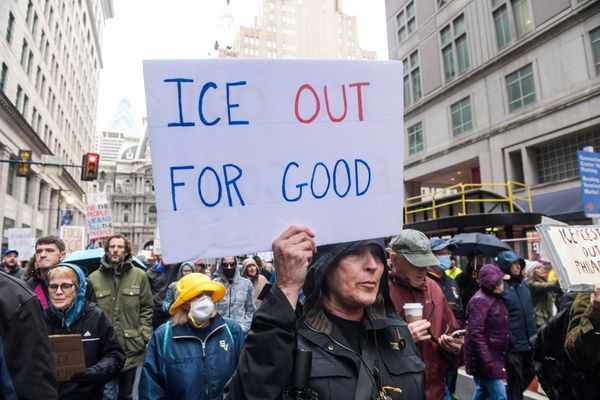
The Trump administration is standing firm on its global tariff policies despite a federal court ruling that struck down its emergency tariffs on multiple countries. The Court of International Trade ruled on Wednesday night that Trump had exceeded his authority in implementing these tariffs.
The administration imposed the tariffs under the 1977 International Economic Emergency Powers Act (IEEPA), claiming that the significant trade deficit constituted a national emergency. The same act was used to implement separate tariffs on China, Canada, and Mexico regarding fentanyl and undocumented migration concerns.
According to Politico, Kevin Hassett, head of Trump’s National Economic Council, dismissed the court’s decision on Fox Business, describing it as a “hiccup” in Trump’s plan caused by “activist judges.” He expressed confidence that countries would eventually open their markets to American products and lower their trade barriers within months.
White House maintains aggressive stance on trade negotiations
The administration’s public confidence contrasts with their previous position in oral arguments, where Deputy Assistant Attorney General Brett Shumate warned that an unfavorable ruling would severely impact the president’s ability to negotiate trade deals and respond to national emergencies.
Trump's sweeping tariff agenda in turmoil following U.S. federal court decision https://t.co/0Q2TbBUjr3
— National Newswatch (@natnewswatch) May 29, 2025
Trump had implemented a 10 percent baseline duty while delaying higher reciprocal tariffs on approximately 60 countries for 90 days, until July 9, to allow for negotiations. Hassett indicated that the administration would proceed with negotiations, assuming the appeals court would uphold the tariffs.
The White House official revealed that three deals were nearly ready for the president’s consideration at the end of the previous week. He also mentioned that if the appeal fails, the administration has alternative statutes available to pursue Trump’s tariff agenda, including Section 301 of the 1974 Trade Act and Section 232 of the 1962 Trade Expansion Act.
Administration officials have responded strongly to the court’s decision, with White House deputy press secretary Kush Desai criticizing the “unelected judges” and asserting that determining how to address a national emergency should not be within their purview. Jason Miller, a longtime Trump adviser, went further by characterizing the decision as evidence of a “global deep state” and “legal deep state” working against the administration’s economic policies.







